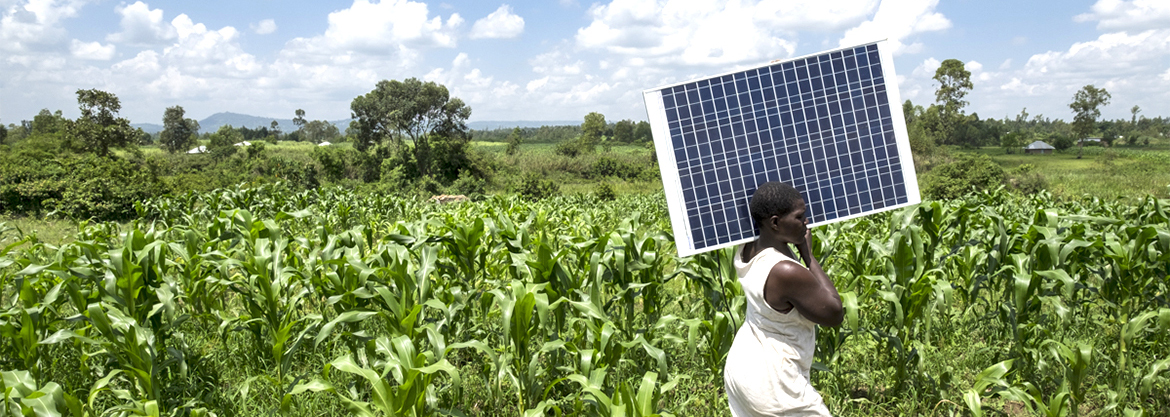With the cost of electricity becoming too steep for many in Southern Africa and the alternative of using firewood not being the best, what then is the solution? Green Energy is the way to go.
By Audrey Mutasa
The Green and Inclusive Energy (GIE) programme is Hivos’ five-year strategic partnership with the Dutch government ENERGIA and IIED, launched at the beginning of 2016 to help alleviate the energy poverty situation in Southern Africa.
In Southern Africa the project is focusing on Malawi and Zimbabwe. The two countries have faced challenges in providing reliable, affordable and better quality electricity due to various problems which range from obsolete national grid infrastructure, investment in high cost inefficient technologies like coal plants and weak investment framework in the renewable energy sector.
As an is an international organization that seeks new solutions to persistent global issues, we have partnered with Zimbabwe Television Network to reach the marginalized communities through a programme titled ‘Energy and cooking in Covid-19’, to educate communities on how they can embrace global warming and use it to their advantage at a low cost.
The five-week television program which aired its debut episode on Tuesday 19 May, is set to run till June 12 2020. The program constitutes call ins, WhatsApp and Facebook engagements, and an in-depth talk show that involves expert analysis.
The overall objective of the programme is to help transition of energy systems in Southern Africa from unsustainable and dirty to green and inclusive energy needs for women and men in their daily lives. It envisions a green and inclusive energy system that creates economic opportunities and growth whilst mitigating climate change.
The discussions focus on lobby and advocacy to influence the debate on energy, with the ultimate aim of making energy systems more green and inclusive (for women, children and the marginalized). Moreso the conversations aim at building capacity of the local civil society to execute their lobby and advocacy in the renewable energy sector.
The energy we produce is not distributed evenly. The vast majority of people without access to energy live in poor countries and often in remote areas far from a central electricity grid. Access to affordable and green energy leads to great improvements in health, education, and opportunities for women. It also spurs entrepreneurship and increases income because local businesses can use energy for productive uses.
Since the programme is also focusing on laws which govern the usage of alternative forms of energy and its advantages, the first episode was made a success by a representative of Zimbabwe Energy Research Organization Wellington Madimura who spoke on importance of funding renewable energy projects, whilst Martha Mlambo from Zimbabwe Women Resource Center addressed the issue of clean cooking.
Below is the link to the conversation
https://www.facebook.com/ZTNnews/videos/675935256300783/




